Let me preface this by saying I love social media. It’s how I connect with friends along with being an outlet for memes and entertainment. However, there are plenty of aspects of social media that I despise. One of which is the glamorization of mental illnesses and neurological disorders and, of course, self-diagnosing.
Platforms like TikTok have made it easy for people to share personal anecdotes regarding their symptoms, potential diagnoses and coping strategies. This is great in that there is now a safe space for individuals to openly discuss their issues and raise awareness about their mental health struggles.
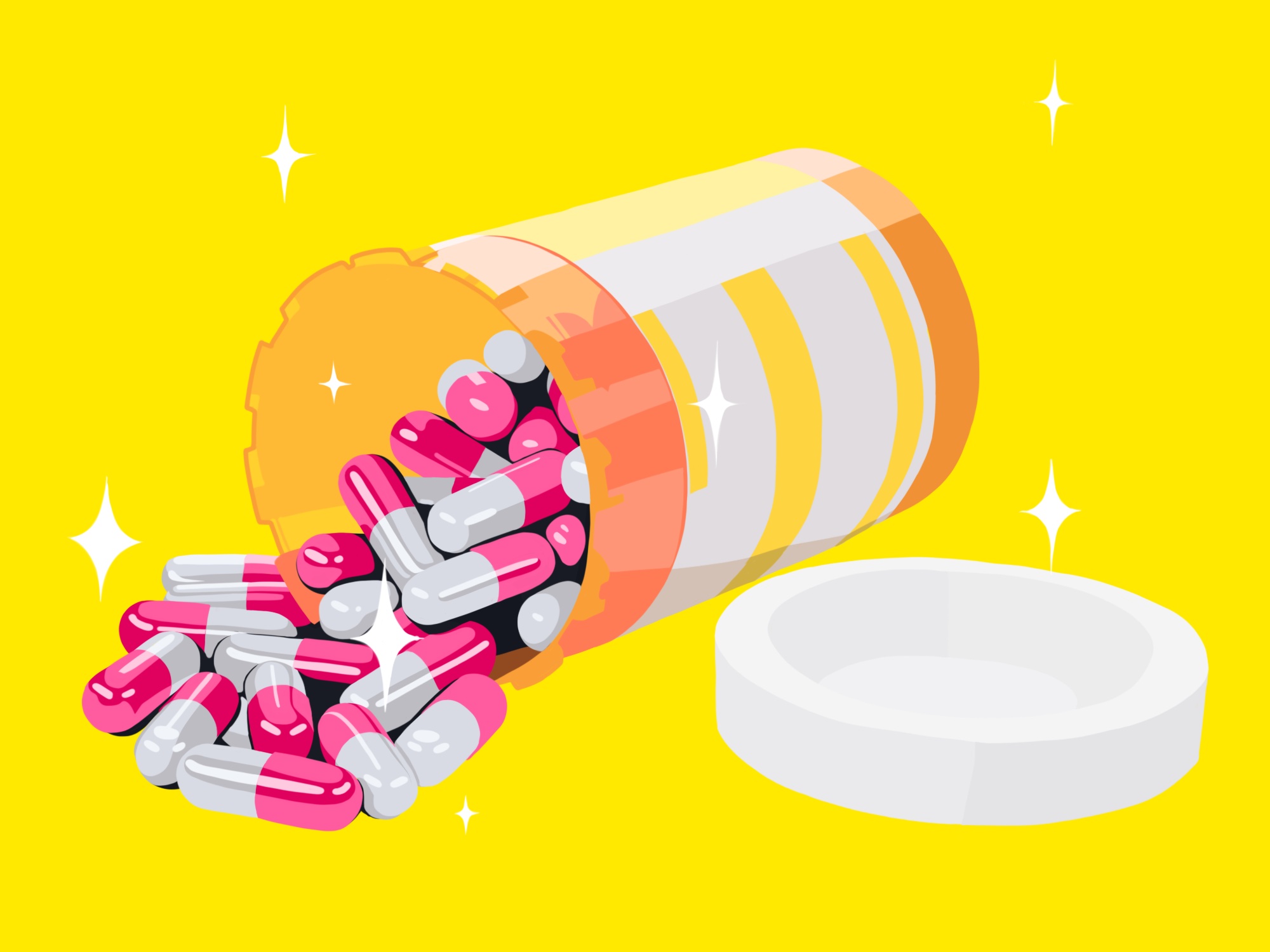
At the same time, the people viewing the content — specifically young people — may self-identify with these disorders and abruptly conclude they have them as well.
Anecdotal information creates a snowball effect in the way mental health disorders and neurological conditions are understood — meaning that the information provided on these symptoms is broad, and basically any behavior could be a qualifier.
And of course, if you use TikTok as a metric to self-diagnose, then it is incredibly easy to believe that you have multiple conditions.
What’s dangerous about self-diagnosing, is that it does not always lead to the road of self-improvement. Instead, it may create a comfortable foundation to justify all behaviors without the desire for change or to be held accountable.
What’s heartbreaking for me is hearing people throw self-diagnoses around in real life. I don’t think I can accurately quantify the numerous occasions I’ve heard friends and acquaintances — who are not formally diagnosed — say “sorry I’m so ADHD” to justify various behaviors such as not listening to a conversation or interrupting me while I’m speaking.
What makes it worse is hearing those comments while also having people in my immediate family who are formally diagnosed with ADHD and struggle with it daily.
Not to mention, I cannot even begin to imagine how it must feel for an individual who actually has a diagnosis and struggles because of it.
In a way, we become desensitized to very real conditions because we have a false and glamorized version of it in our heads. Personal anecdotes can only tell us so much about the raw reality of having a condition such as ADHD or autism spectrum disorder — there is no fact check for what’s posted on the internet.
And because this is such a casual diagnosis, some individuals even throw labels onto others solely based on the behaviors they observe. For example, it’s not uncommon to hear someone claim that their ex is a narcissist.
I have some personal experience with untrue labels. One time, someone tried to tell me that I was part of the ADHD club solely because I was having a hard time focusing on my work that day. The remark was followed by a celebratory high five, and I just remember feeling so off-put by the whole interaction for the rest of the day.
The way that they so casually labeled me as having ADHD and made it celebratory did not sit right, and still doesn’t.
That being said, I am not completely innocent in terms of suspecting I may have a condition. But I have never found it necessary or correct to claim that I have it out loud because it most likely wouldn’t be true, and if it was, I wouldn’t want everyone to know. As someone with a mental health disorder, I surely wouldn’t want it written on my forehead for the world to see.
The process of diagnosing is complex, as is the topic of mental health. Indeed, it is important to take your health seriously and read the signs your body gives you. However, self-diagnosing does not particularly lead to the road of treatment and recovery.
At the end of the day, working with a professional is a way to take an active role in your personal treatment path, which is imperative to self-understanding.





























































































































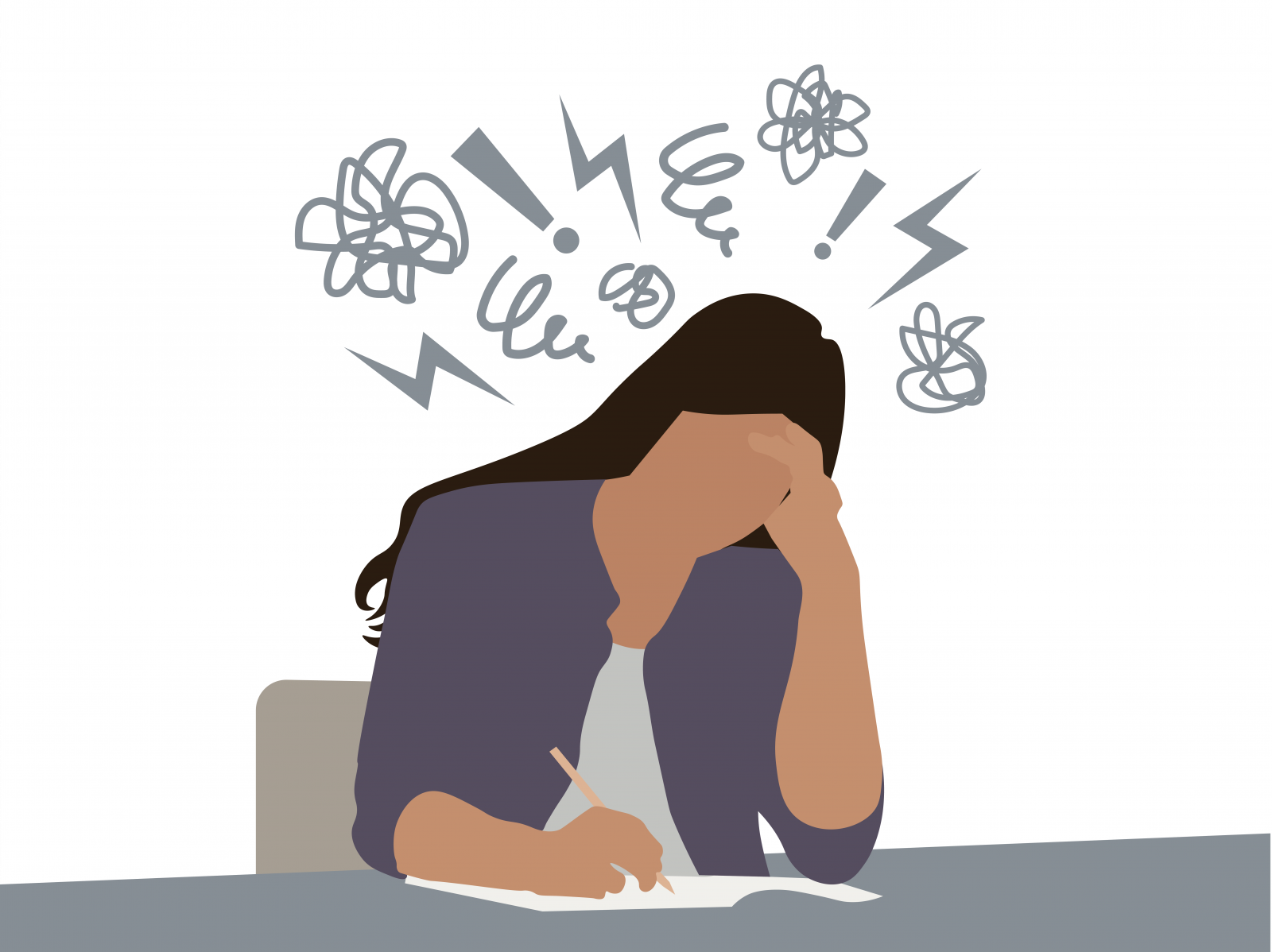
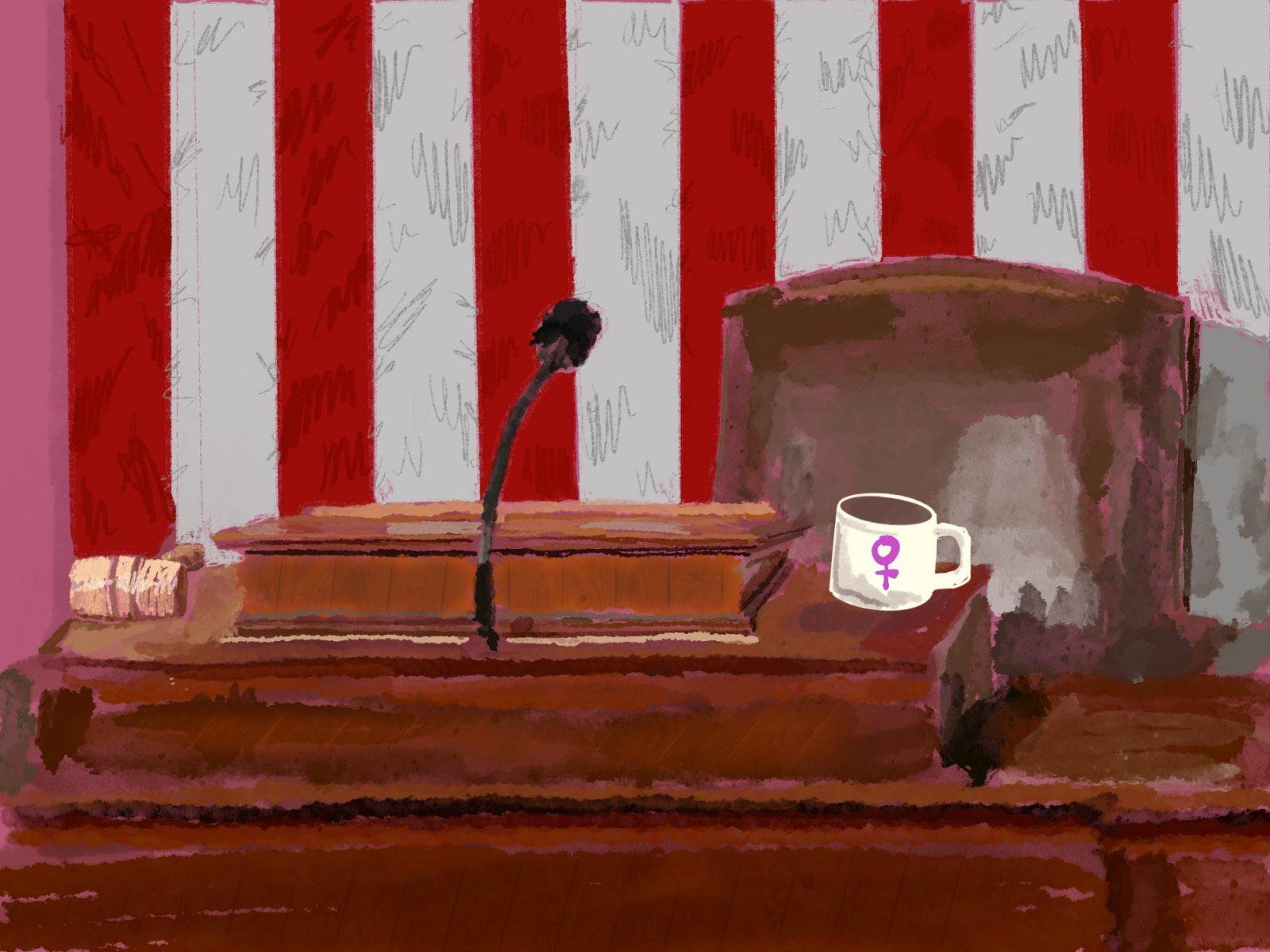

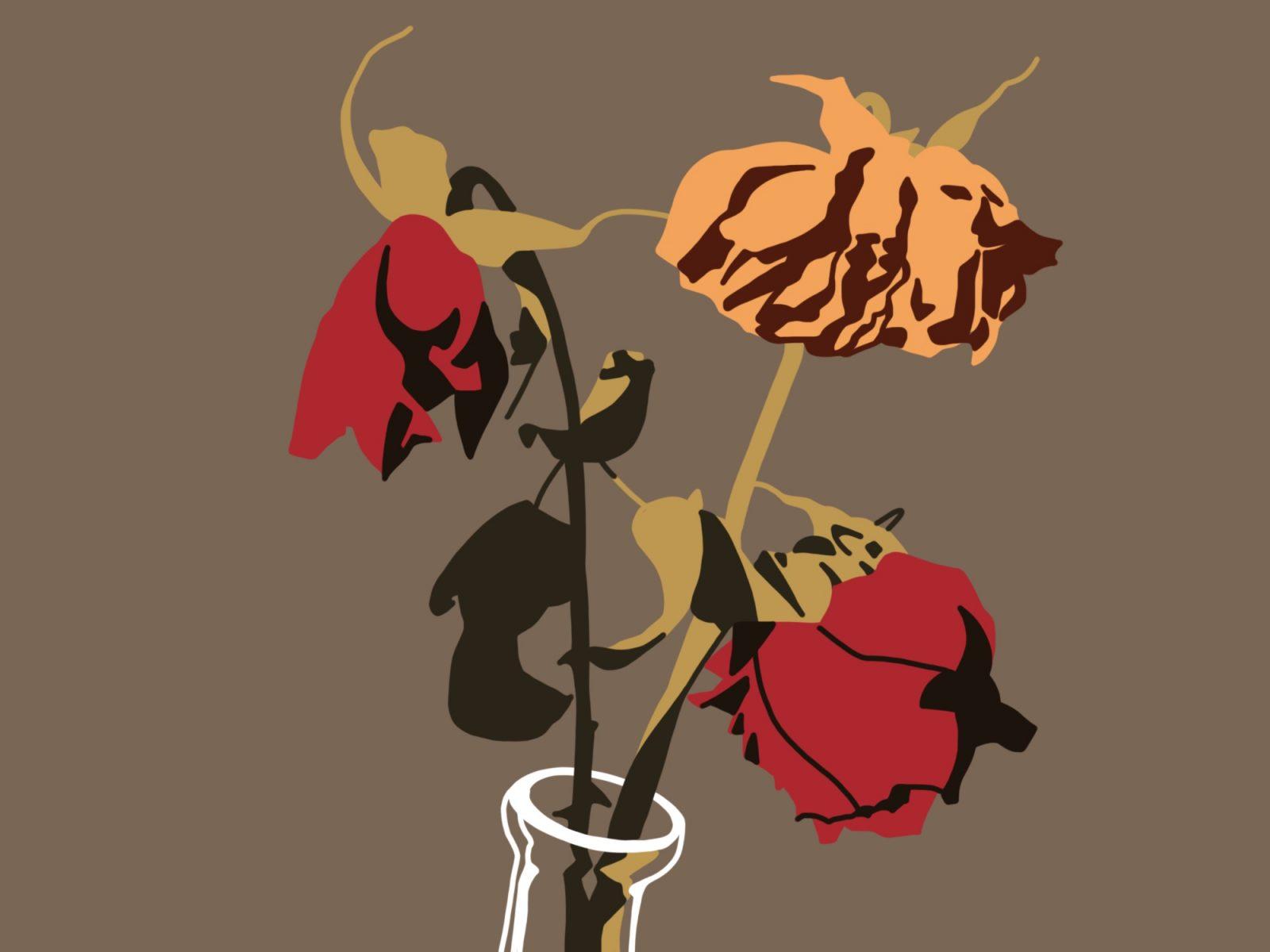
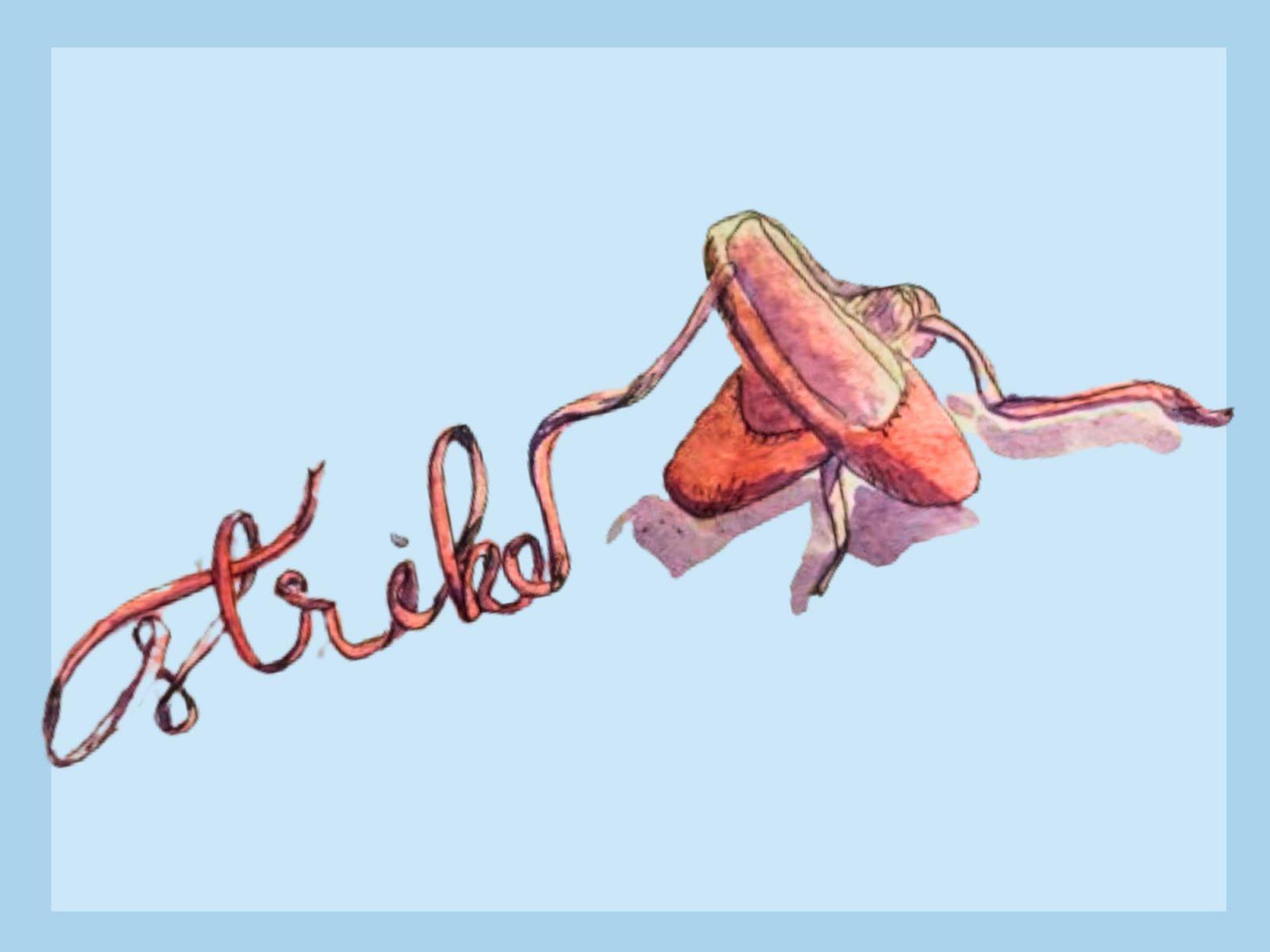
j • Apr 22, 2024 at 8:13 am
i mean, the part about “i’m so adhd” isn’t even necessarily about self-diagnosing, as slang in that same vein has been around for years, like “i’m so ocd.” i don’t think these people are actually diagnosing themselves with the disorder, but are saying it to explain an action, no matter how harmful using such a phrase could be to people who actually have adhd or ocd. still, i will always support informed self-diagnosis. i self-diagnosed myself with adhd many many years ago, as i didn’t have money for a diagnosis at the time. when i finally got diagnosed (and yes, i was correct!) it cost almost two thousand dollars. there are so many people who simply do not have that kind of money! honestly, without an official diagnosis, there’s very little you can do— you can’t get medication, you can barely seek out professional help. for myself and others, it’s for peace of mind and knowing there’s a reason we act or are in such a way.
Anonymous (COM 27) • Apr 22, 2024 at 12:48 am
Hmm… interesting take. I agree with your overall point that self diagnosis through tiktok is bad but I also think (as someone who has ADHD) that being vocal about issues you face isn’t a problem.
ADHD is a big part of who I am. I don’t want it to be, but it is. It affects my everyday life in so many ways, and I am glad to talk with other people who understand certain struggles I may have.
I don’t necessarily “write it on my forehead for all the world to see” but I believe it is better to be healthily open about mental illness than feel like you have to hide it. Sometimes it goes to the extreme on the internet but that is a sacrifice that I am mostly okay with.